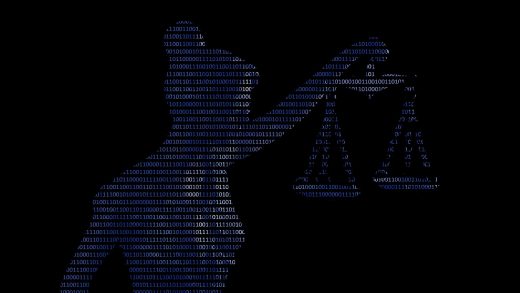It hasn’t always been smooth sailing for Elon Musk’s satellite internet venture, but things are potentially looking up for Starlink.
Ookla, purveyor of the internet speed measurement tool Speedtest, released its latest satellite internet quarterly report on Wednesday, measuring the final three months of 2021. While median download speeds are still below fixed broadband, Starlink came closer than it ever has to replicating quality home internet with a median download speed of 104 megabits per second, or Mbps.
(Note: Ookla and Mashable are both owned by the same parent company, Ziff Davis.)
The other two main satellite internet providers in the U.S., Viasat and HughesNet, came in at 21Mbps and 20Mbps, respectively. Starlink did see plenty of median speed variance in different locations around the U.S. Per Ookla’s report, south Florida got nearly 200Mbps while parts of Oregon got only about 65Mbps. The median speed for all fixed broadband providers was 131Mbps, so even the best satellite service has some catching up to do.
Still, for Starlink’s median speeds to exceed the FCC’s definition of broadband (25Mbps or higher) even at the low end is potentially encouraging for the future of satellite internet, whether it comes from Musk or not. Now it’s just a matter of stability as the service grows. Starlink’s median speeds actually decreased in the middle of last year as the service got more customers. There’s also the issue of price, with the fastest Starlink service tier costing $500 per month.
So…yeah. Perhaps Starlink works well, but that doesn’t mean it’s especially accessible just yet. But hey, if you’re in Miami and don’t trust your local broadband ISP, maybe hit up Starlink.
SpaceX successfully launches another 46 Starlink satellites









